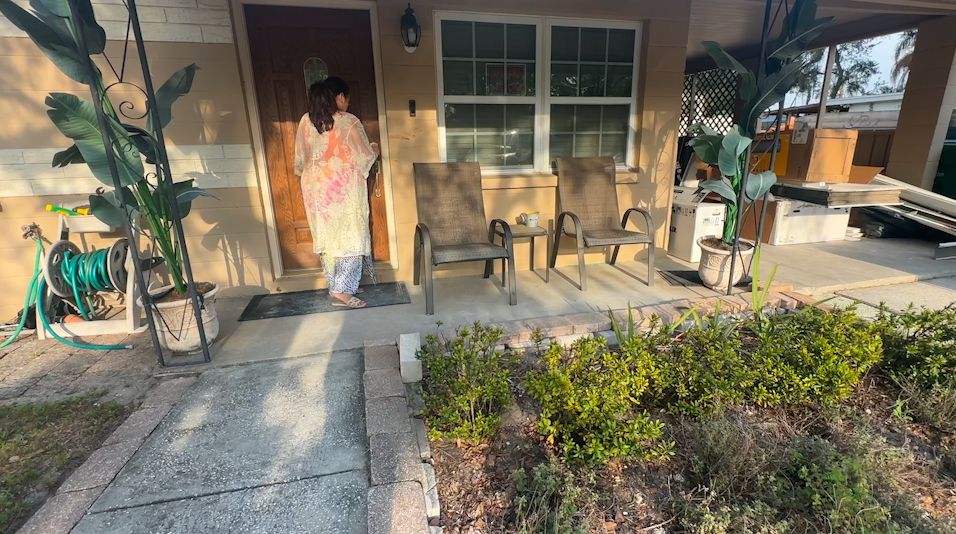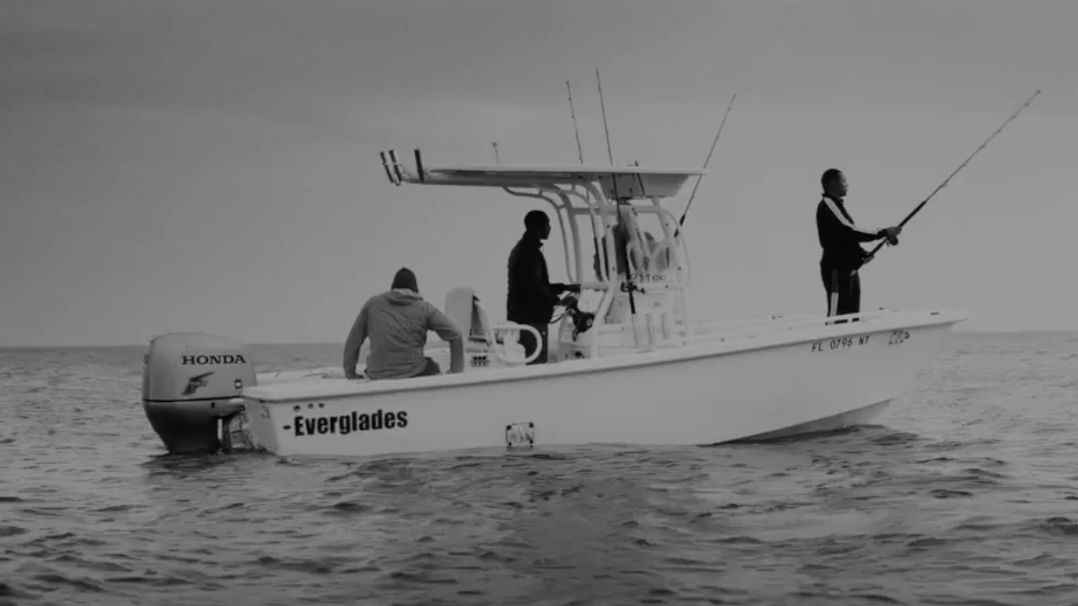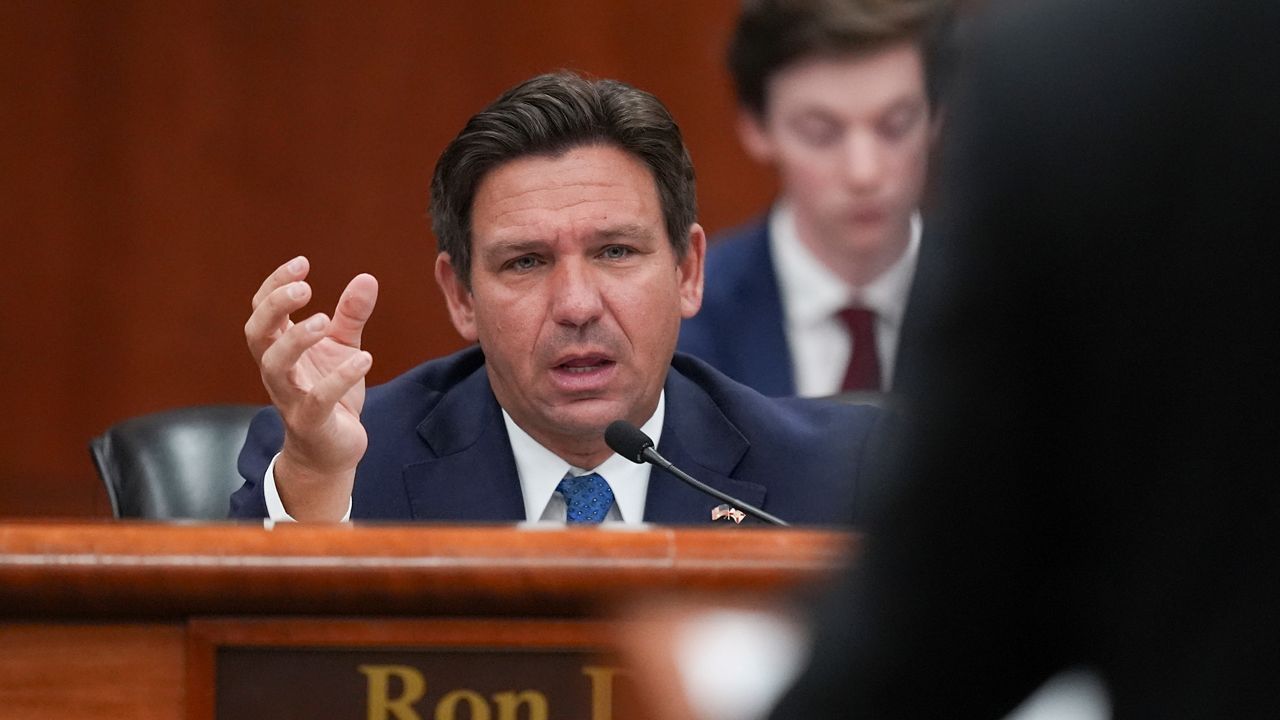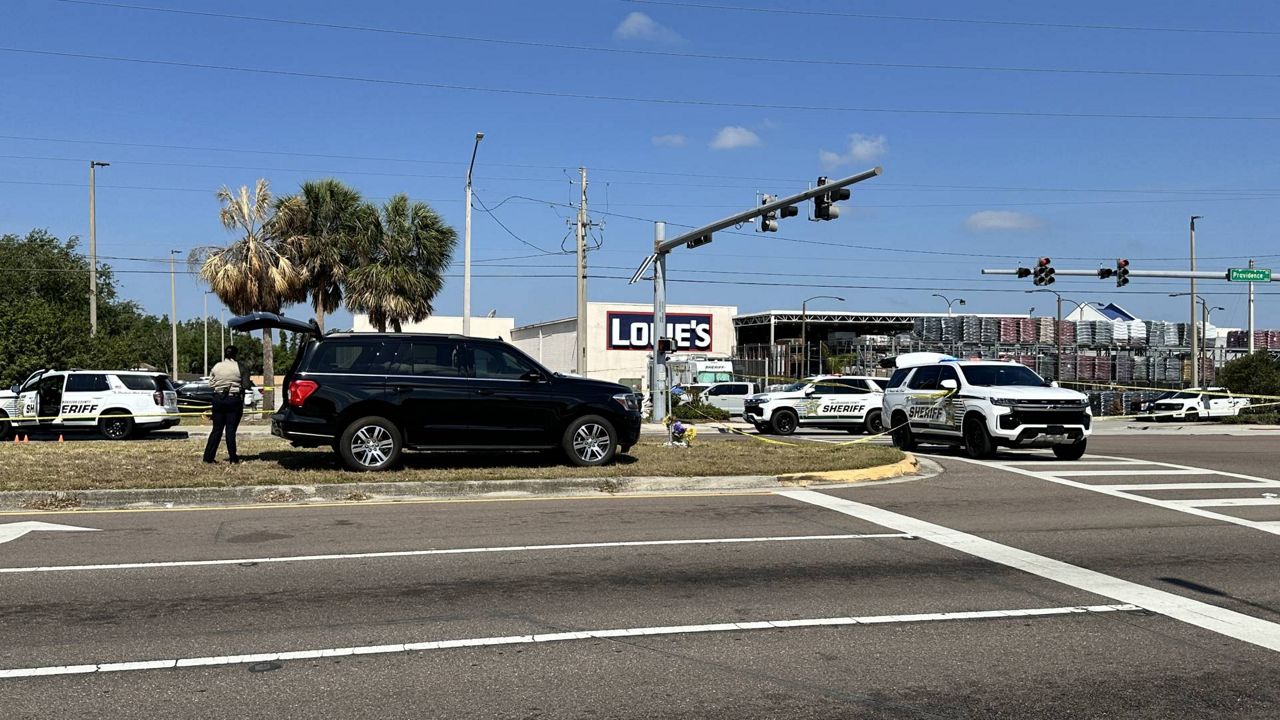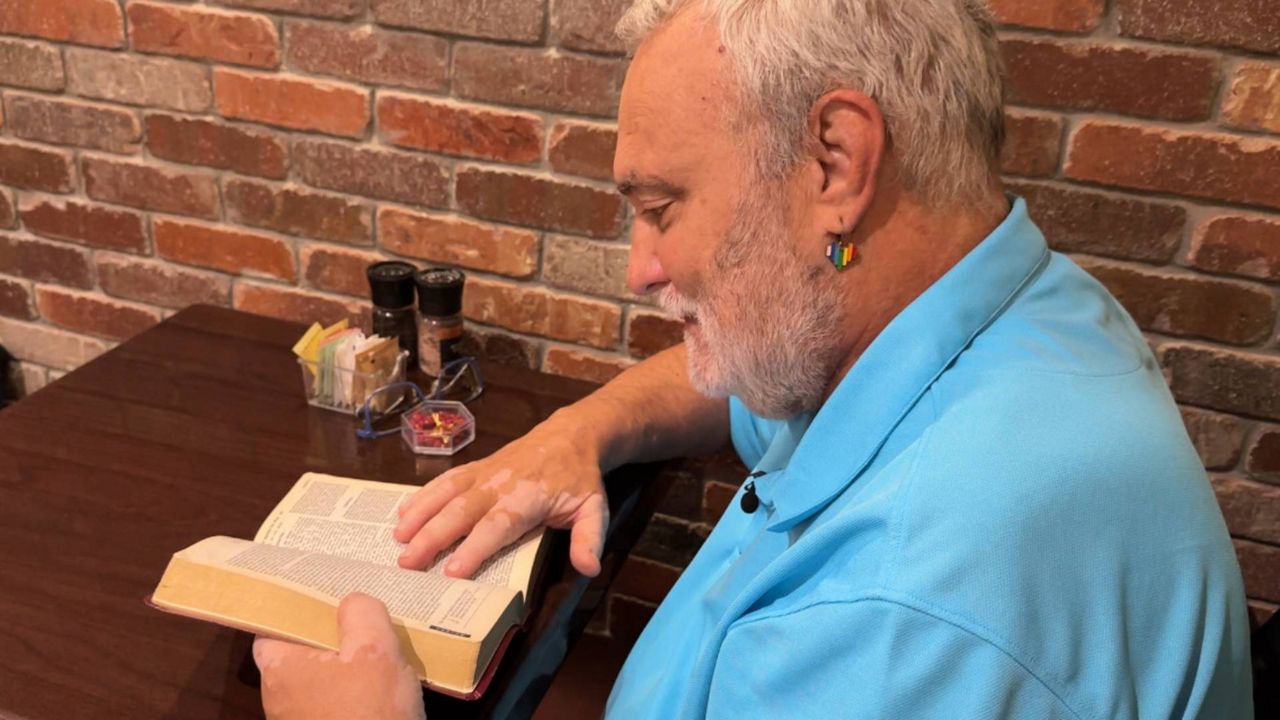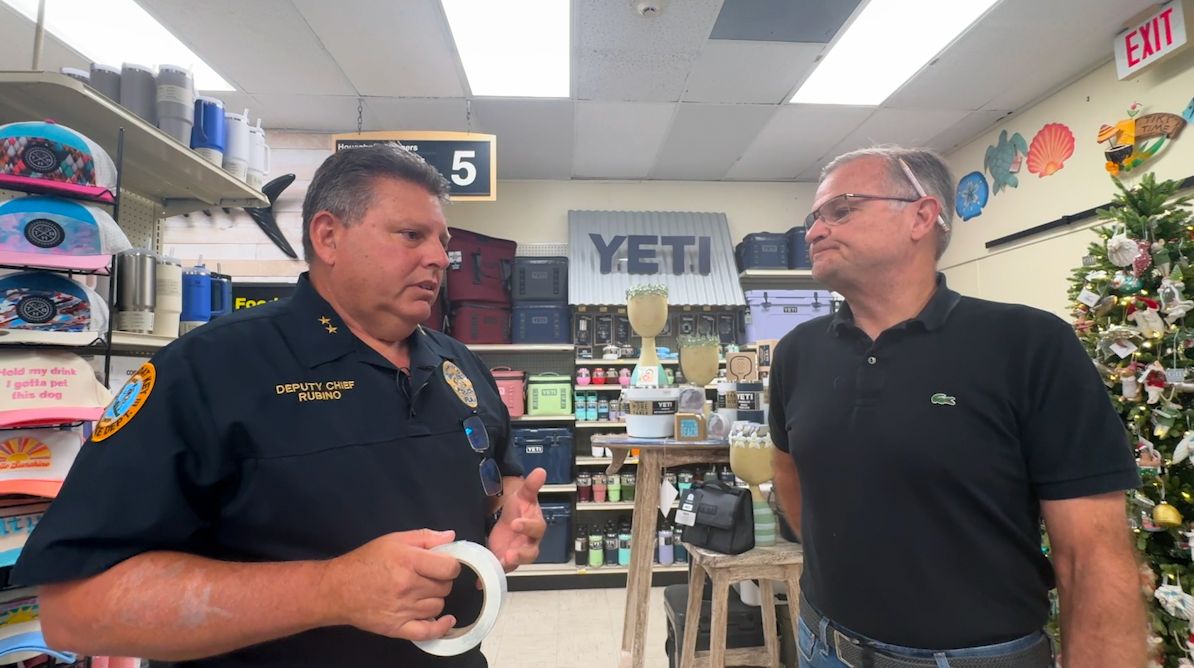CLEARWATER, Fla. — Ron Yurkus has become a familiar face at BayCare's Morton Plant Hospital.
“Hey Mr. Yurkus," said BayCare’s Morton Plant Hospital Cardiovascular Surgeon Dr. Joshua Rovin. “Tell us how are you feeling?"
"I am feeling real well, thank you," Yurkus responded.
Yurkus feels good now, but back in January that was not the case — he had shortness of breath, was tired, and his legs were swollen. These were all symptoms Yurkus said he knew might be coming, because close to a decade ago, he had a transcatheter aortic valve replacement (TAVR) surgery, and at the time, he had similar symptoms.
“It was time for it," Yurkus said, noting that he was told the replacement would probably only last about 10 years.
The TAVR procedure was done in 2016, and now in 2025, he said the valve in his heart was at the end of its lifespan.
The timing worked out for Yurkus, in a way, because Rovin and his team had just joined a worldwide research study called RESTORE.
“To look at and help us as a community across the world, who is looking to treat patients now with their valves that are worn out," Rovin said of the study. "Is it safe to be able to put in a new transcatheter aortic valve inside of their old transcatheter aortic valve?"
Rovin and his team are researching the transcatheter aortic valve–in–transcatheter aortic valve procedure, or TAV-in-TAV, which is done when a TAVR valve is starting to fail. During the procedure, a new valve is then placed inside of the old one.
Yurkus was the first in the worldwide trial to go through the TAV-in-TAV — which was a success.
“He has just been, he's got lovely anatomy, and his new valve is working great," Rovin said. "And, as evidenced by our get together, is feeling like a million bucks. And this is a wonderful first patient for us and a wonderful first patient for the trial."
Yurkus will now be monitored for at least the next five years, maybe even 10 if the study gets extended.
Yurkus said he is proud he volunteered to participate.
“I said, 'Well, as long as I can help somebody, that would be fine with me,'" he said. "Because surgery, it is something that they can learn by."
The new valve in his chest also comes with an estimated 10-year lifespan, so he said he may be back when he is 92.
“Knock on wood," he joked.
The goal of the RESTORE study is to give doctors more evidence-based medical options when helping people with aortic stenosis.
Anyone interested in participating in this study can visit the BayCare Cardiovascular Clinical Trials website.







